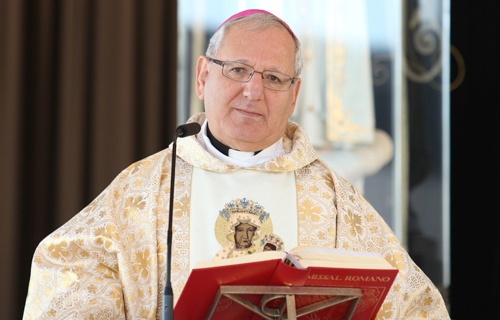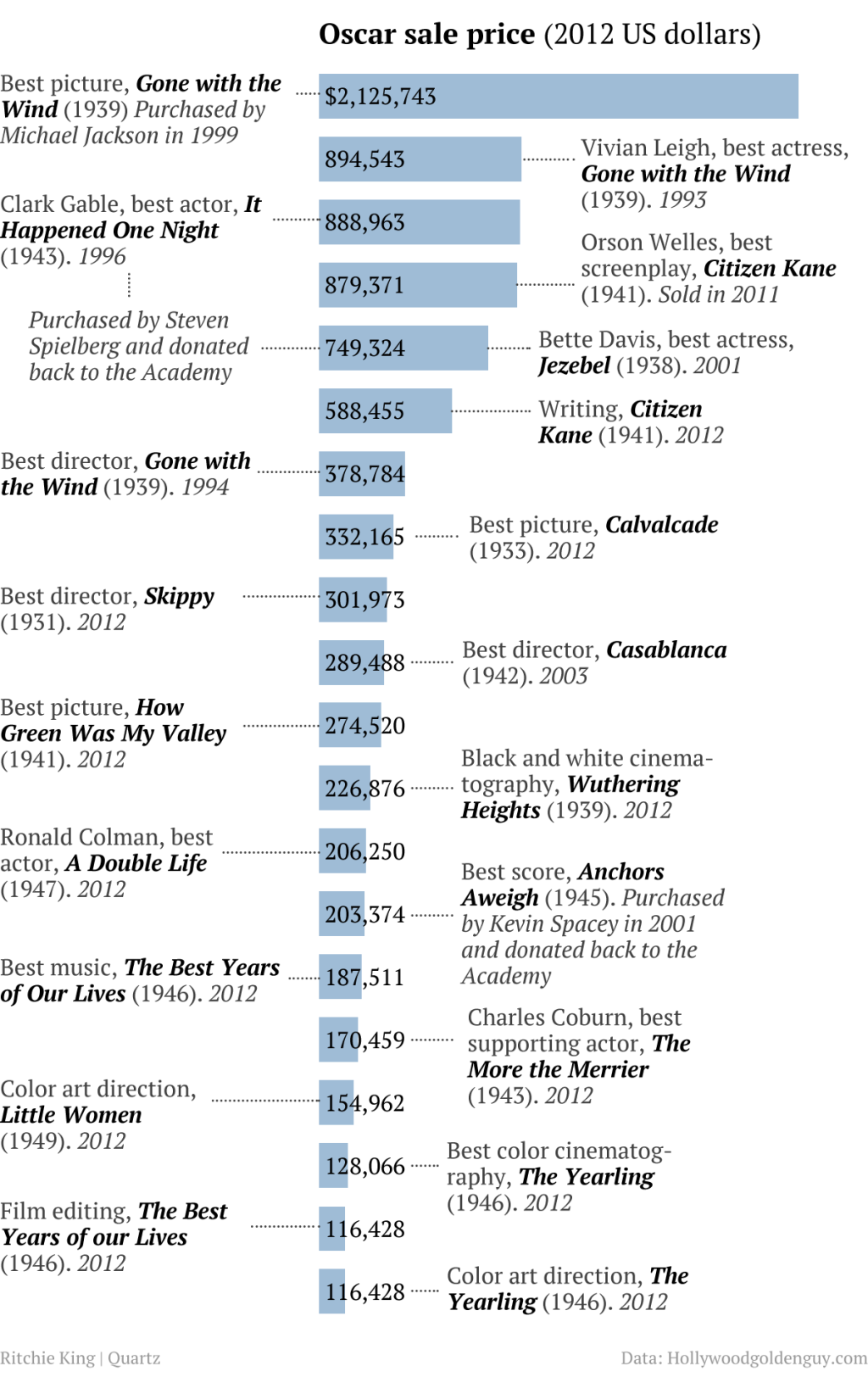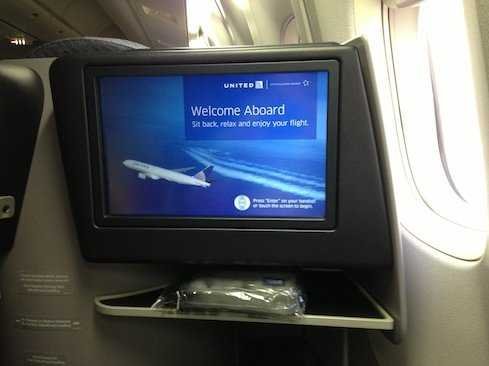|
Member's Blog
Blogs
Written by Malek
Wednesday, 27 February 2013 23:59
By Deal W. Hudson & Deacon Keith Fournier
WASHINGTON, DC (Catholic Online) - It's sad but predictable that most of the mainstream TV networks have chosen "to frame" the Conclave irresponsibly. Their respective frames reflect the media's predictable, and reprehensible, attempt to discredit the Catholic Church while simultaneously boosting their notion of what qualities the new pope should embody. Hmmmmm, let's guess, would those qualities be tolerance, flexibility, pluralism, progressivism, and the "third world?" The problem with talking about mainstream media coverage nowadays is its utter predictability, akin to "shooting ducks in a barrel." But it's a barrel of their own making and our responsibility as Catholic journalists to inoculate the public against their version of framing the Conclave. Our good friend, former Vatican ambassador and Boston mayor, Ray Flynn, published some comments yesterday that summarize the media coverage with the authority of a man who spent many years as a Catholic in the Vatican. Ambassador Flynn, a master storyteller of Boston Irish persuasion, has also published an excellent novel about a papal Conclave, The Accidental Pope.
Written by Malek
Tuesday, 26 February 2013 20:18
.- Patriarch Louis Raphael I Sako, head of the Chaldean Catholic Church, says greater security is needed for Christians in Iraq who are leaving their homeland for fear of local disorder. “They are leaving the country because there is no stability. Another reason is the rise of fundamentalism,” the patriarch told Aid to the Church in Need Feb. 25. “Security and freedom” are the most important issues for the Church's survival in Iraq, he said. Patriarch Raphael is head of the Chaldean Patriarchate of Babylon, and is Archbishop of the Chaldean Archdiocese of Baghdad. The Chaldean Catholic Church is one of the Eastern-rite Churches which is in full communion with the Pope.
Written by Malek
Sunday, 24 February 2013 21:46
Written by Malek
Saturday, 23 February 2013 17:14
This post originally appeared on Upgrd.com's Live and Let's Fly. Live and Let's Fly has been silent the last three days as I weighed how I wanted to cover what happened to me on a United Airlines flight from Newark to Istanbul last week. The situation was both traumatizing and highly embarrassing and I wanted to ensure that I had ample time to consider what transpired before hurling any accusations or failing to understand the other side. But frankly, the more I replay the incident in my mind, the more certain I become that I was wronged. Here's my story: Last Thursday I was scheduled to fly from Newark to Istanbul on United's direct flight. The 767-300 was outfitted in a two-cabin configuration, staffed by a legacy United crew, and I had been upgraded to business class. It was my first time on this reconfigured aircraft and my first longhaul in the Continental BusinessFirst seat. Naturally, I wanted to provide a review for you. As I settled into my seat, I pulled out my iphoneto take a few pictures of the seat. When I held the phone at forehead level to take the picture below, a flight attendant came running over and told me that I could not take any pictures of the cabin. She referenced this section of the Hemispheres magazine:
Written by Malek
Friday, 22 February 2013 22:30
As startup prices soared in the runup to last year's Facebook IPO, entrepreneurs, investors, and tech observers sometimes griped about lofty valuations. Just mention Foursquare, say, or LivingSocial, and they'd go off. These are tech companies that snagged a lot of press and tens (or hundreds) of millions of dollars before solidifying their business models. Investors say they're worth tons of money—but in the end, that's a gamble, and the companies may actually be worth nothing. After a few years of massive hype in the startup sector, absurd-sounding valuations are starting to correct themselves. Startups are confronting the prospect of raising "down rounds" from investors—or rounds of financing that value the companies at less than the previous round. LivingSocial, for example, was once valued at $5.7 billion; it's now worth a quarter of that, or less, depending on whom you ask. But more often, down rounds happen at a far earlier stage, a result of too-lofty valuations assigned in initial financings. What happens when companies that were once worth billions of dollars suddenly find themselves worth much, much less? And why were they ever valued that high in the first place?
|







